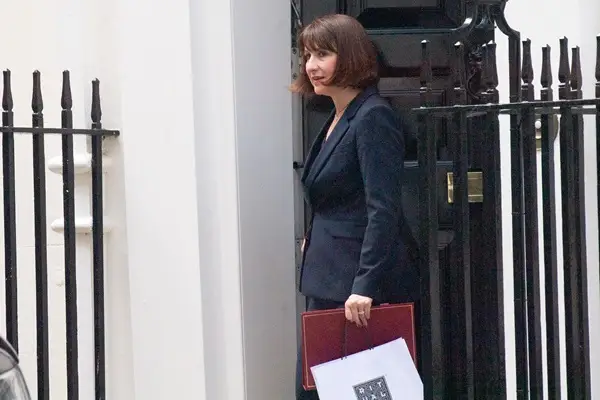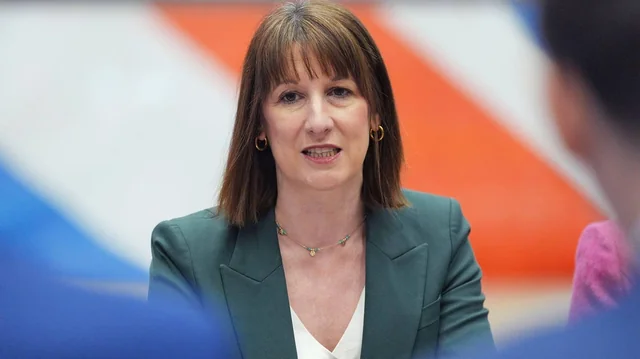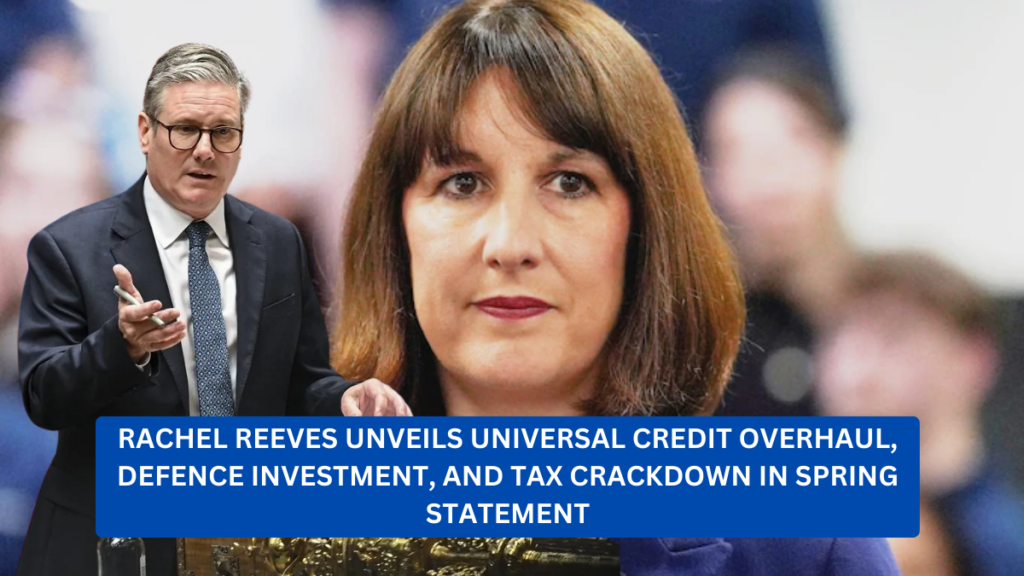Chancellor Rachel Reeves has unveiled a bold set of policy measures in the Spring Statement 2025, focusing on welfare reforms, increased defence spending, and a renewed crackdown on tax avoidance. The economic package, aimed at balancing fiscal discipline with national security and job growth, comes amid growing concerns over the UK’s economic outlook and geopolitical tensions.
Universal Credit and Welfare Reforms
One of the most significant announcements in the statement was the reform of the Universal Credit system. Reeves confirmed that while the Universal Credit Standard Allowance will rise from £92 per week in 2025-26 to £106 per week by 2029-30, other welfare benefits will see substantial cuts.
- The health-related element for new claimants will be cut by 50% and subsequently frozen.
- Personal Independence Payment (PIP) eligibility will be tightened, particularly for younger claimants under 22.
- A £1 billion employment support fund will be introduced to assist individuals in returning to work, alongside £400 million allocated to Job Centres and the Department for Work and Pensions (DWP) to facilitate these changes.
According to GOV.UK, these reforms are expected to save the government £4.8 billion, but critics warn they could push more people into financial hardship. Some Labour MPs and charities have voiced concerns over the potential rise in poverty levels, urging the government to reconsider the cuts.
Boost in Defence Spending

With increasing global security concerns, Reeves confirmed that the UK will raise defence spending to 2.5% of GDP by 2027. This increase will be funded by reducing the overseas aid budget from 0.5% to 0.3% of Gross National Income (GNI), a move expected to save approximately £2.6 billion annually.
Defence analysts have welcomed the decision, citing rising threats from global conflicts and cyber warfare. However, humanitarian groups argue that cutting foreign aid could negatively impact vulnerable communities worldwide. The full details of the defence spending boost are available on the Ministry of Defence website.
Crackdown on Tax Avoidance and Fiscal Measures
In an effort to improve public finances, the Chancellor announced a robust plan to tackle tax avoidance and fraud. The government expects to recover £1 billion through enhanced monitoring and stricter penalties for tax evasion. Additional fiscal measures include:
- A 15% reduction in civil service administrative costs, targeting savings of around £2 billion by 2029-30. This will involve a voluntary redundancy scheme aimed at streamlining government departments.
- Tax thresholds will remain frozen, affecting households that are already struggling with high living costs.
- Stricter penalties for late tax payments, set to take effect from 2026.
More details on these tax reforms can be found on the HM Revenue & Customs (HMRC) website.
Economic Outlook and Growth Forecasts

The Office for Budget Responsibility (OBR) has halved the UK’s growth forecast for 2025, revising it from 2% to 1%, citing global economic instability and rising borrowing costs as major concerns. The government remains optimistic that the measures introduced in the Spring Statement will stabilize the economy and encourage long-term investment.
Reeves emphasized that the government is prioritizing “economic resilience and sustainability over short-term growth.” However, the opposition has criticized the strategy, arguing that public sector cuts and welfare reforms could hinder economic recovery rather than stimulate it.
Public and Political Reaction
The Spring Statement has sparked mixed reactions across the political spectrum. While fiscal conservatives support the crackdown on tax avoidance and the defence budget increase, progressive groups have raised alarms about the potential negative impact of welfare cuts.
- The Labour Party’s left wing has called for a reconsideration of the PIP and Universal Credit cuts, warning of increased poverty levels.
- Charities and advocacy groups have criticized the government’s decision to tighten disability benefits, arguing that the policy disproportionately affects vulnerable individuals.
- Business leaders have welcomed the government’s commitment to maintaining tax thresholds and avoiding direct tax hikes, stating that it provides stability for corporate investments.
The Financial Times reports that Reeves’ approach reflects a pragmatic balancing act between budget discipline and strategic investment in defence and employment.
Conclusion

The 2025 Spring Statement presents a mix of ambitious reforms and controversial cuts, setting the stage for economic policy in the coming years. The government’s focus on defence, fiscal responsibility, and employment aligns with its long-term vision of stability, but concerns remain about the impact of welfare reductions and public service budget cuts.
As the UK navigates an uncertain economic landscape, the success of these measures will depend on their implementation and the government’s ability to support vulnerable groups while maintaining fiscal prudence.
For official details and government policies, visit the UK Government’s official website.

Vikas is a seasoned finance writer with a keen eye for unraveling complex global financial systems. From government benefits to energy rebates and recruitment trends, he empowers readers with actionable insights and clarity. When he’s not crafting impactful articles, you can find him sharing her expertise on Social Media. You can connect with him via email at [email protected].









